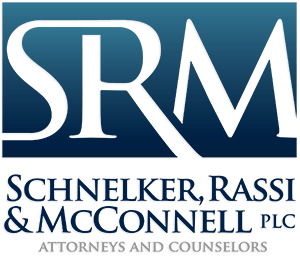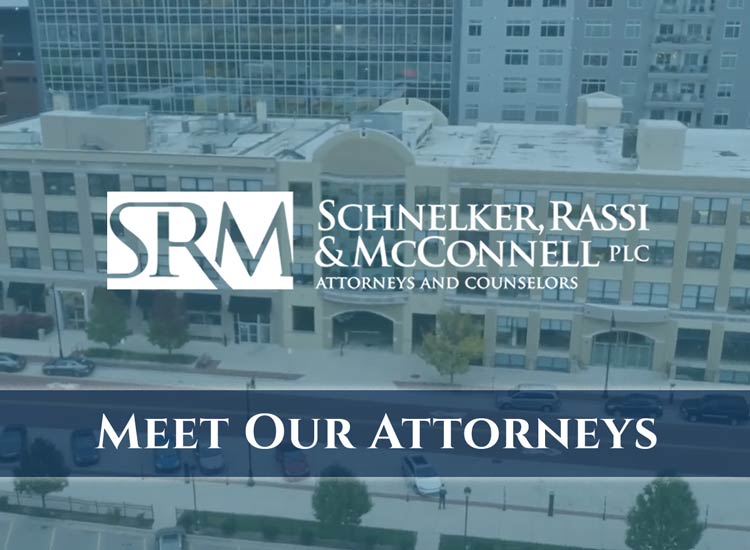As we transition from summer to fall, we wanted to provide you with a brief update on a recent IRS Notice regarding deferral of payroll taxes, as well as a brief update on the Paycheck Protection Program. Throughout the summer, Governor Gretchen Whitmer issued a number of Executive Orders, all of which have been well publicized. If you have questions on any of Governor Whitmer’s orders, please feel free to contact us directly.

Presidential Executive Order Regarding Payroll Tax Deferral
Late on Friday, August 28, 2020, the Department of Treasury and IRS issued Notice 2020-65 implementing President Trump’s August 8, 2020 Executive Order, regarding the deferral of withholding and payment of the employee portion of the Social Security tax. The Executive Order took effect September 1, 2020 and applies, for now, through December 31, 2020. The order only applies to employees earning less than $4,000 during a bi-weekly period. You can view the IRS Notice HERE.
The Order permits an employer to defer (i.e. not withhold and pay) a covered employee’s portion of the Social Security tax. The intent is by not withholding, a covered employee will receive a bump in their take home pay during the covered period. For example, an employee earing $3,000 during a bi-weekly period would enjoy an extra $186 in take home pay each period ($3,000 * 6.2%).
This is a deferral only, and the tax is expected to be repaid (absent new legislation forgiving it) early next year. Any payroll taxes that are deferred through the end of the year must be repaid “ratably from wages and compensation paid” during the period between January 1, 2021 and April 30, 2021. Otherwise, interest, penalties, and additions to tax will begin to accrue on May 1, 2021. Because the employer is defined as the “Affected Taxpayer,” it appears the employer will be responsible for repayment of the tax through additional withholding from employee wages next year.
As confirmed by the IRS Notice, it is entirely optional for employers to comply with the Order.
The Bottom Line
We recommend holding off on implementing the provisions of the Order for several reasons:
- The Government will likely issue additional guidance on this subject. As we have seen with the Paycheck Protection Program, the Government is constantly changing the rules making it difficult to plan. We anticipate similar issues with the implementation of this Order.
- Most employees will not realize, or simply forget, that this is a deferral of the tax that must be repaid next year. If that happens, and the employer is withholding additional funds next year to repay the tax, employees are likely to be upset and view this as a pay cut. The only way to avoid this issue is if Congress acts to make it an exemption or an otherwise forgivable loan. The President is pushing for this, but it has not yet been approved.
- If an employee leaves employment prior to the end of the year, the only way for an employer to legally require the employee to pay the deferred taxes is in the form of a written obligation. This is an impractical solution, especially for employers with many qualified employees. As a result, employers who implement the Order must be prepared to bear the risk of an employee leaving and sticking the employer with the deferred tax liability.
There is certainly risk that if the employer continues to withhold as usual and the Government eventually decides to forgive those taxes, employees may be upset they missed the savings. We believe this could be remedied through a small discretionary bonus next year and suggest this is a better potential solution than implementing the Order right now.
Paycheck Protection Program
Pursuant to current law, the SBA closed applications for Paycheck Protection Program loans on August 8, 2020. Absent legislation restarting the program, we are now moving into the forgiveness phase. As we have seen from the start, the program continues to evolve with new guidance issued regularly. What we are hearing from clients and lenders is that most, if not all, lenders are not yet accepting applications for PPP Loan forgiveness. We suspect this is the case because rumors continue to circulate that the Government may look to streamline the forgiveness process by, among other things, automatically forgiving loans below a certain threshold. If that is the case, it makes sense for lenders to wait, as waiting may avoid the need to process a significant number of forgiveness requests.
You can review frequently asked questions, guidance and other information on the program HERE. If you have specific questions regarding loan forgiveness or any other aspect of the program, please don’t hesitate to contact us.
Contact Us
Our lawyers in Grand Rapids, MI, would be more than happy to help with your case! Call Schnelker, Rassi & McConnell, PLC at (616) 828-1195 to set up a meeting with one of our trusted attorneys.


